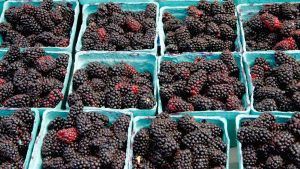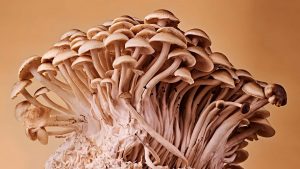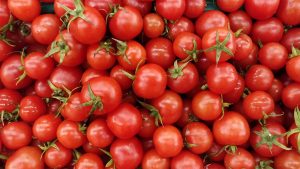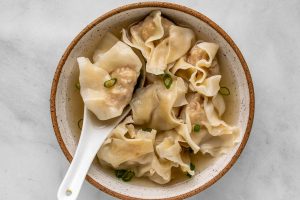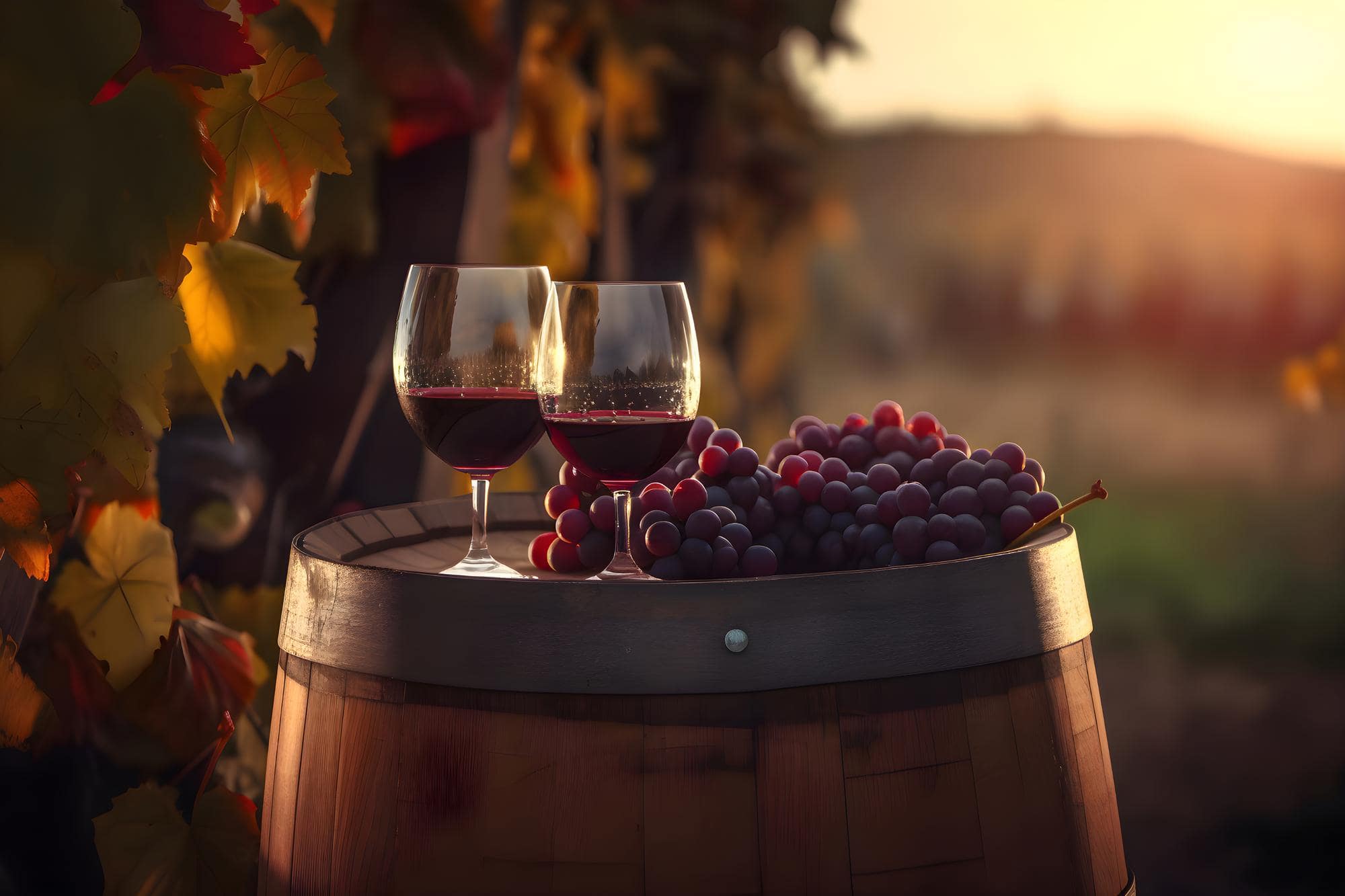
35 interesting facts about wine
- 👁️ 1199
Wine has been an integral part of human civilisation for thousands of years, evolving from ancient rituals to a symbol of luxury and fine dining in today’s society. Originating from the fermented juice of grapes, wine has not only graced our dining tables but has also played a pivotal role in culture, religion, and commerce. With its rich history and its endless varieties, from sparkling whites to dense, velvety reds, the world of wine offers an intoxicating journey of discovery. Whether you’re a connoisseur or an occasional drinker, the complexities and subtleties of wine never cease to intrigue.
- The earliest evidence of wine production dates back to 6000 B.C. in Georgia.
- The word “wine” derives from the Old English “win”, which comes from the Latin “vinum”.
- There are over 10,000 varieties of wine grapes worldwide.
- Terroir refers to the natural environment in which a wine grape is grown, affecting its taste.
- The colour of the wine tells you about its geographical origin: the darker the wine, the closer to the equator.
- Vintage wines are made from grapes harvested in a specific year.
- Tannins, naturally occurring compounds in wine, contribute to the dry sensation in your mouth when drinking.
- A “sommelier” is a trained wine professional, usually found in fine dining restaurants.
- The traditional method of crushing grapes was by foot, and it’s still practised in some regions.
- The world’s oldest preserved bottle of wine, called the Speyer wine bottle, is over 1,650 years old.
- Wine was considered a godly drink in Ancient Greece, dedicated to the god Dionysus.
- “Oenophobia” is the term for the fear of wines.
- Champagne, the renowned sparkling wine, can only be labelled as such if it comes from the Champagne region of France.
- An opened bottle of red wine typically lasts for about 5 days before it starts to turn.
- Italy, France, and Spain are the top three wine-producing countries globally.
- The largest consumers of wine per capita are the Vatican City residents.
- “Resveratrol”, found in red wine, has been linked to heart health benefits when consumed in moderation.
- Ice wine is a type of dessert wine produced from grapes frozen while still on the vine.
- In ancient Egypt, wine was mainly reserved for ceremonial and religious events.
- “Fortified wines” have had a spirit, like brandy, added to them, and include wines like sherry and port.
- “Nose” refers to the aroma or bouquet of the wine.
- Red wines usually pair best with bold flavoured meats like red meat.
- White wines tend to pair best with lighter intensity meats like fish or chicken.
- Wine barrels made from oak allow small amounts of oxygen in, affecting the wine’s aging process.
- The shape and size of a wine glass can influence the perception of wine taste and aroma.
- The phylloxera pest destroyed many of Europe’s vineyards in the 19th century.
- Argentina’s Malbec and New Zealand’s Sauvignon Blanc are examples of wines strongly associated with a particular country.
- The Romans and the Greeks used to dilute their wine with water before consumption.
- The custom of clinking glasses originated in ancient Greece to prove that the drink wasn’t poisoned.
- “Decanting” wine is the process of pouring it from its bottle into a decanter to aerate it.
- “Cork taint” is a specific set of undesirable smells or tastes in a cork-sealed wine bottle.
- Vegan wines use no animal products in the fining process.
- In Bordeaux, a “château” is a wine-producing estate.
- The University of California at Davis has one of the world’s most renowned oenology (study of wine) programmes.
- Contrary to popular belief, most wines should be consumed within a few years of production and are not meant for long-term storage.
Wine, with its multifaceted history and diverse range of flavours, continues to captivate the palates and imaginations of people worldwide. Its intricate production process, paired with the cultural significance it holds in many societies, makes wine a timeless beverage. As each bottle tells a unique story of its origin, climate, and grape variety, wine remains an ever-evolving journey of exploration and delight.

